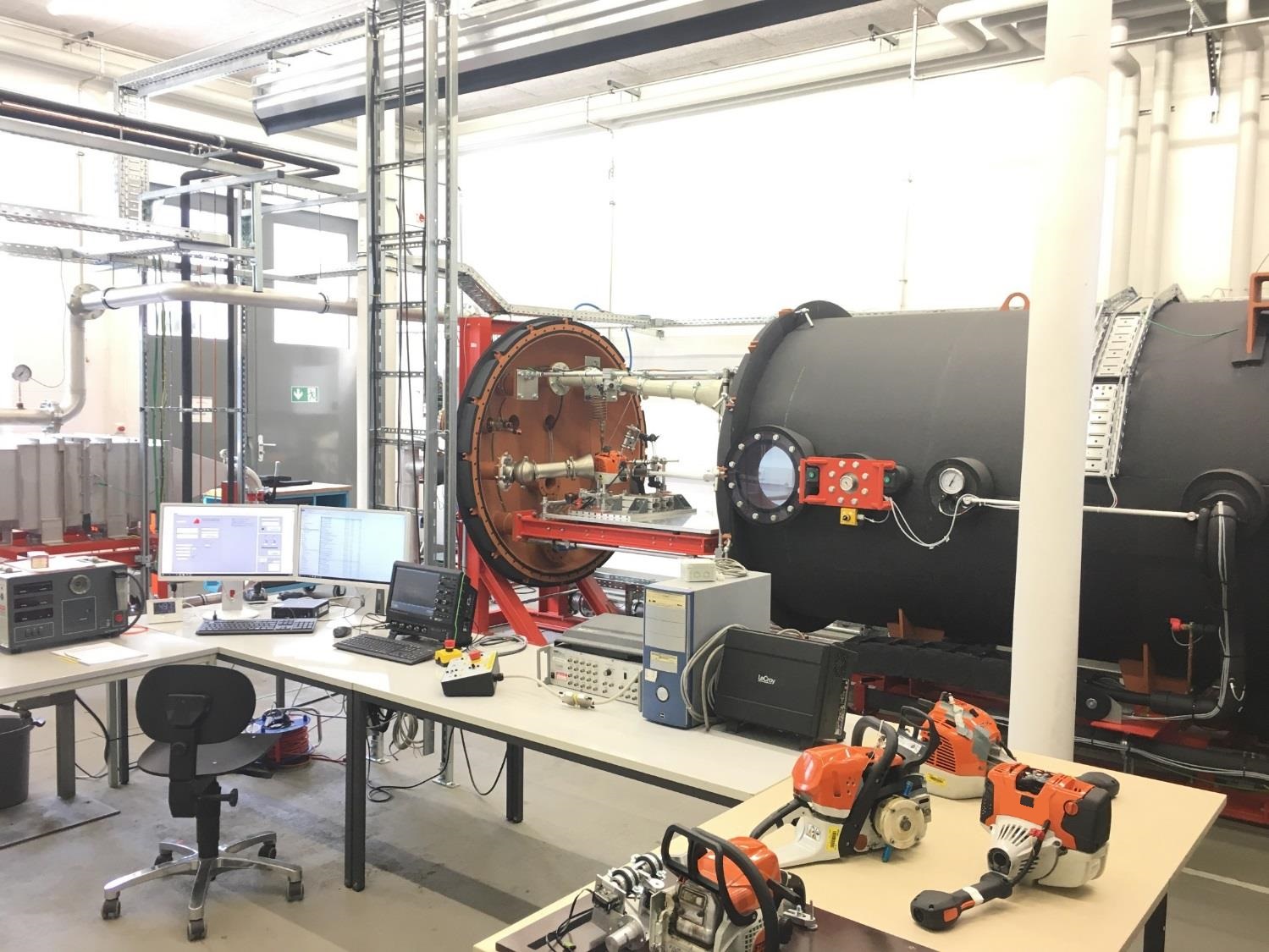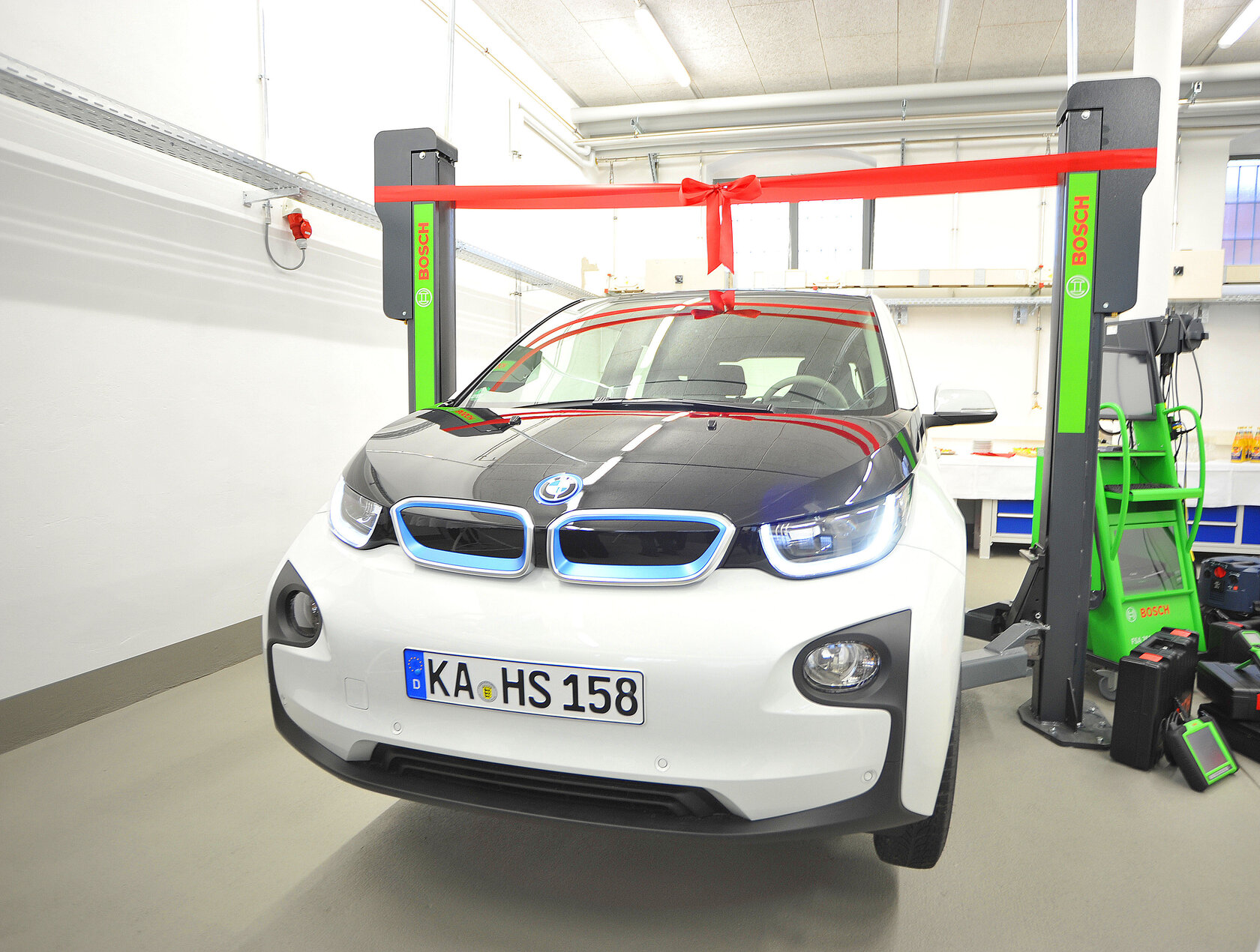
Energy Efficient Drives
For centuries, people have been attracted to using means of transport to reach distant destinations more quickly and comfortably. Without their own muscle power and real horsepower, it quickly became apparent that drives with external energy sources, resources were needed to get the vehicle rolling. Now that many vehicles are rolling along the roads, the cities are overcrowded, the noise level has risen and climate change has progressed, one asks the question: Is there another way? Have we only thought about ourselves and not about the environment?
The questions about climate change are driving some people today, or even driving them. After all, it is now a question of making drive systems quieter and more climate-friendly in order to reduce emissions and particulate matter over a wide area and to bring more quality of life into cities. However, efficiency should not fall by the wayside... Still driven or already driven?
More energy efficiency through a holistic concept with alternative fuels and intelligent energy management for e-vehicles
On the drive side, IEEM is focusing on a holistic concept. In addition to new technologies such as the development of range management for e-vehicles, new alternative fuels on a regenerative basis are also being investigated for internal combustion engines in order to make drives emission-neutral. Hydrogen as an energy carrier is increasingly coming into focus. The IEEM focuses on the following topics:
Technical acoustics
In the field of technical acoustics, the IEEM offers possibilities for acoustic investigations. During the development phase and after product completion, for example, components and prototypes can be examined with regard to their structure-borne sound behaviour and sound emission behaviour. The evaluation of the structure-borne sound signals can be used to control processes and predict faults.
Gas Engine Technology | Gas Engine Laboratory (GenLab)
Research in the field of gas engine technology takes place at IEEM (since 2012) and at IKKU (since 2010). The following is an overview of the main research areas:
- Development of innovative and alternative ignition systems, such as pre-chamber ignition systems
- Research activities such as the investigation of alternative fuels as renewable energy sources aim to increase efficiency and reduce emissions
- Development of a exhaust emission sensor for measurements of HC concentration on the road (not only on the test bench). Due to a lack of measurement technology, this pollutant component is not yet measured on the road. (HKA-patented)
- Combustion process development for renewable fuels and hydrogen
- Research in the field of hydrogen in combination with cogeneration to link the sectors of electricity, heat & mobility.
- Development of a energy management as a cyber-physical system for the coupling of the energy and mobility sectors, such as, among other things, the integration of e-mobility into an energy manager.
- Examination of motor devices under different environmental conditions: IEEM offers a unique climate and altitude simulation test rig for hand-held power tools. Using an IoT-based remote control - with the functions of a human hand - the test objects in the test stand can be controlled remotely and automatically. Test objects can be examined at different temperatures and altitudes with regard to their functionality and operating behaviour.
- Modelling and simulation: In addition to experimental investigations on engine test benches, modern simulation methods for thermodynamics, gas dynamics and reaction kinetics as well as engine mechanics simulation and FEM software for the thermal simulation of components are used. These virtual images, so-called digital twins, are created from real test vehicles in various modelling stages for prototype-free development and are used to address scientific questions.
Further information on the GenLab
E-range management
Development of an intelligent energy and range management for e-vehicles and e-bikes by means of an approximation of the mechatronics including powertrain and auxiliary consumers. External influences such as gradients, weather conditions, etc. are also included in the modelling.
Key data
Karlsruhe
Institute of Energy Efficient Mobility (IEEM)
Moltkestr. 30
76133 Karlsruhe
Post >
Institute of Energy Efficient Mobility (IEEM)
Postfach 2440
76012 Karlsruhe

